
Collagen and calcium phosphate are the two predominant constituents of bones. Collagen provides a framework that is hardened by the calcium phosphate. A reduction in these two constituents can easily result in weak and brittle bones that are prone to breaking.
About osteoporosis
At certain periods of life the bone density is bound to deteriorate, which is why it is essential to provide enough vitamins and minerals that will decrease this process, if not stop it completely.
This happens mostly to women starting at the age of 30 or 35 and accelerates radically during and after the menopause. The bone mass first drops, resulting in osteopenia, ooor reduced bone mass, and then progresses to osteoporosis, in which the bones become porous and thus prone to breaking.
Estrogen plays an important part in the physiology of the bones. This hormone maintains a balance between the osteoclasts, which are cells that reabsorb bone tissue, and osteoblasts, the cells from which the new tissue is created.
When the estrogen levels are reduced, like in menopause or due to certain medical conditions, this balance is disturbed and it leads to cavities in the bone structure, and they cannot be filled in time.
Estrogen is not the only factor for osteoporosis. Asian women, white women, people of short stature, people who drink or smoke are also prone to osteoporosis. People who use steroids are at risk too.
Calcium and osteoporosis
Calcium is the most present mineral in the human body, and most of it is found in teeth and bones. Everybody knows that this mineral is vital for proper development of bones and teeth in children. However, this is not its only role. Calcium also participates in fluid exchange between cells, keeps the heart rate in order and regulates blood clotting.
Because calcium is an important bone constituent, it only makes sense that it is needed to prevent or repair damage that leads to osteoporosis. Increasing the intake of calcium-rich foods and taking calcium supplements is something that most doctors recommend to their female patients after they reach certain age, and especially when they start the menopause.
Calcium alone is not enough to prevent osteoporosis. The body also needs magnesium and boron, as well as the vitamin D, which assures the proper absorption of calcium. Also, it is important to lead a healthy life style, to quit smoking, reduce the alcohol consumption and have a healthy, well-balanced diet.





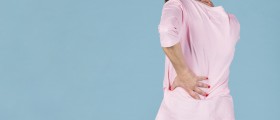

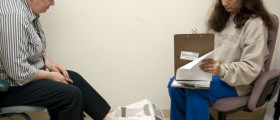
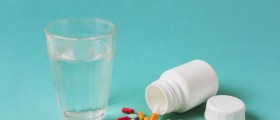


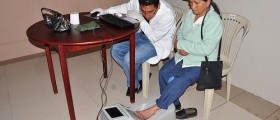
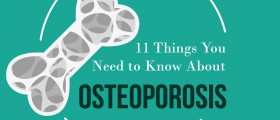




Your thoughts on this
Loading...